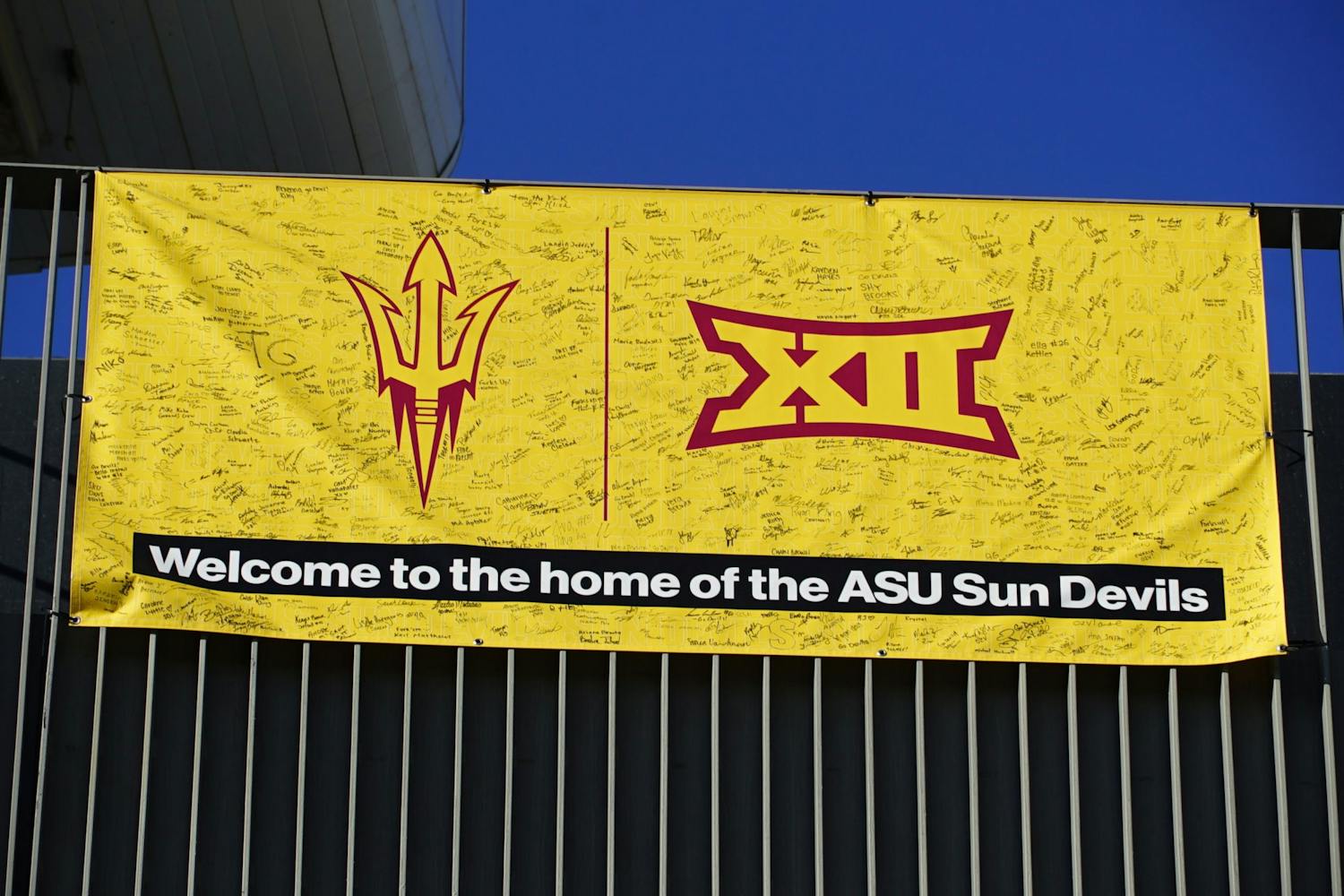When I was younger, because of my Sri Lankan skin tone, I thought I was African American. Growing up In Los Angeles, people would glance at my skin and think that I'm part of the African American community, and because of that I found myself drifting towards African Americans.
The problem was, that I didn't realize that I was letting my own culture go as I was embracing a new one.
Don't get me wrong, I wasn't seen as a poser by my own peers. They just accepted me as their own due to the color of my skin. It's as if being Asian in Los Angeles wasn't possible. The South Asian culture was not apart of the Los Angeles atmosphere.
So I embraced all that came with being black in Los Angeles. That included starting to listen to certain genres of music, starting to watch certain shows, starting to say certain things, starting to adopt perspective of being this ethnicity as my own. The thing is, yes, I am South Asian. And yes, I embrace being Sri Lankan as a apart of who I am.
But the struggle I go through?
It relates to those of black Americans in the United States. I wasn't born into a wealthy family. I lived in a very bad part of Los Angeles, I faced racism just as African Americans did. I would go into a store and I would get a stare or employees would check on me more. Or as I got older, I learned that some things just "aren't my color" or "you aren't light enough for that." Or even questions about my appearance such as "Where did you get your hair done?"
While I was faced with criticism left and right, I found myself leaning towards the black community. Is this how they felt?
Have you noticed that when a black celebrity becomes famous they are officially associated with the Illuminati? How many times have you heard Brad Pitt being associated with the Devil? I didn't truly understand why people looked at me with such criticism or judgement in their eyes.
And then I realized it was because I dark skinned.
Even when I went to a high school where the majority was white and the minority black, I still gravitated towards those who were a little bit more ethnic. I think it's because, going to a private school, the people who were a little bit darker understood what it was like to stick out in crowd like a sore thumb or not have enough money to buy the designer homecoming dress.
I guess you can say that the African American community is the reason I started to raise my voice against racism and stereotyping because that is what I faced with them. I have to thank them for opening my eyes through the struggle that people of my skin tone face. I was completely uncomfortable in the skin I was in. I was raised around lighter skinned people and I was always the odd one out. Being around African Americans taught me that my skin color was beautiful, that the tone of skin does not define who I am, it rather makes me more unique and worthy of the stares I get. While I don't identify myself as a black girl, I do relate to what they go through much more than any other ethnicity I hang out with. I guess it's part of being of the culture I come from — where skin color categorizes you, whether you like it or not.
Reach the blogger at tishni.weerasinghe@asu.edu or on twitter @tishnii



